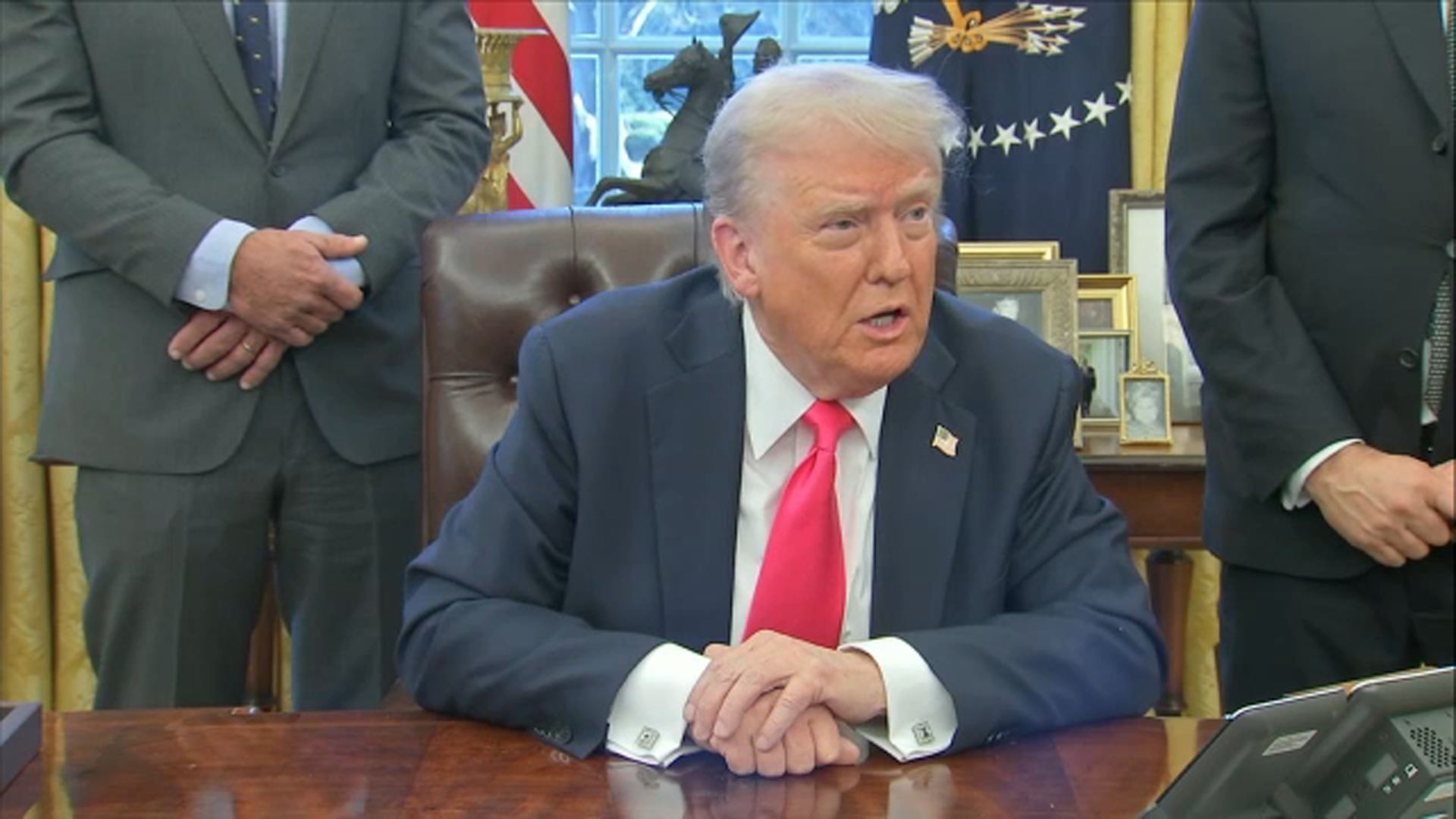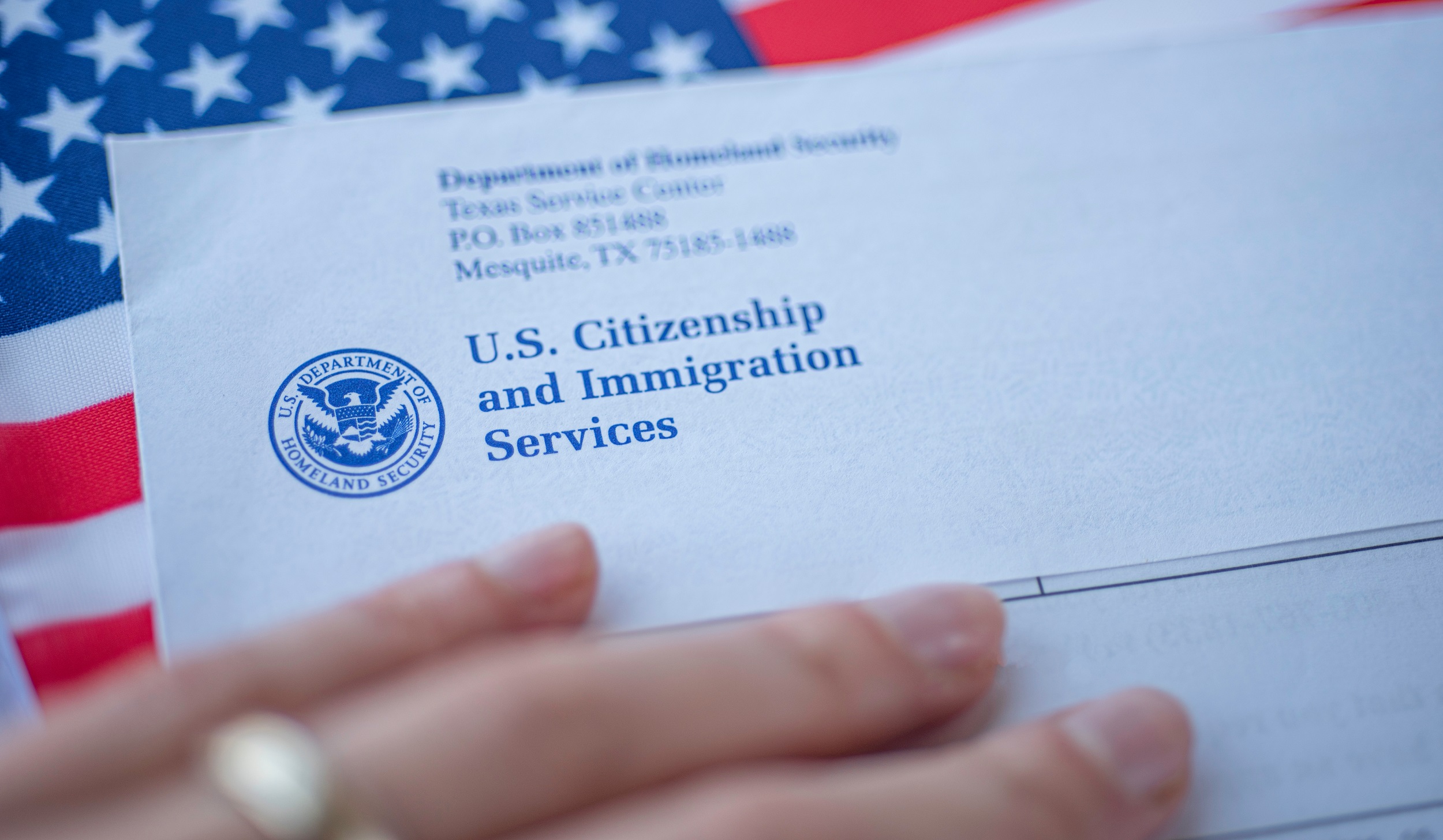Meet the EB1A Criteria: Webinar with Tips from an Immigration Lawyer

The EB1A visa is a sought-after fast track visa that can lead to permanent residency in the United States. It’s designed for individuals who have shown extraordinary ability in their field—whether through remarkable achievements, influential contributions, or leadership in a high-profile organization.
When applying for the EB1A visa, you’ll need to meet at least 3 of the 10 eligibility criteria as defined by the government to determine extraordinary ability, which can include major awards, high remuneration, or even serving as a judge in your field. With so many criteria to consider, it’s easy to feel overwhelmed by the process.
Keep reading to discover expert tips and advice from a licensed immigration lawyer to help you navigate the EB1A criteria and present your case in the strongest possible way.
Watch the full webinar on Youtube with licensed immigration lawyer, Nicole Gunara.
Lead / Critical Role at Distinguished Organizations

One of the possible criteria that can be met for the EB1A criteria is proving that you’ve held a lead or critical role at distinguished organizations – past or present. You don’t need to be the CEO or founder, but you do need to show that your role mattered—both to the organization, and its success.
Expert Tips:
- Focus on what made your role critical: Were you the go-to person for launching new initiatives? Did you lead a project that drove major results? Use examples that show how your work directly contributed to the organization’s success.
- If you held a position in leadership: How many subordinates reported to you? What projects or missions were you responsible for? Does your job title corroborate your seniority within the organization?
- Understand what counts as a “distinguished organization”: The government is surprisingly flexible on this. For instance, an IT consulting firm might not seem “distinguished” at first glance, but if its clients include big names like American Express or Bank of America, that alone can elevate its status—and yours.
Letters of recommendation can be one of the most powerful tools in your EB1A visa application. They provide an outside perspective on your contributions and help validate your role in meeting the EB1A criteria. Check out our blog post on how to get an effective letter of recommendation.
Expert Tips:
- Reconnect with past colleagues and bosses: Don’t hesitate to reach out to people you’ve worked with, even if it’s been a while. Many will be happy to help—and you really have nothing to lose by asking. LinkedIn can be your best friend here!
- If you are struggling to get letters from your current company: Colleagues who recently left the organization can provide letters on their personal letterhead as well – so long as you can prove they worked with you in the past.
- Make the letters specific: The best letters don’t just say you’re great—they explain why. Ask your referees to share concrete examples of your impact, like how a project you led boosted revenue or solved a critical problem.
- Think beyond your current workplace: If you’ve worked at multiple organizations, getting letters from different places can paint a broader picture of your career.
You can also use publicly available information to help tell your story in a way that feels credible and tangible. It’s a simple but often overlooked way to strengthen your EB1A visa application.
Expert Tips:
- Check press releases and news articles: Your projects may already be mentioned in company announcements or industry news. These can serve as strong evidence of your contributions.
- If your company is public: Check SEC filings to see if your company highlighted successful projects or initiatives you were involved in.
- Do a quick Google search: There’s usually concern over sharing proprietary or internal information protected by NDAs. You might be surprised at how much information is already out there about your work. Anything public, like awards or media mentions, can be included in your application.
Awards

Awards are another way to prove one of the three criteria needed for an arguable EB1A application. However, not all awards are treated the same as the type of recognition you include matters. Common or widely distributed awards, like the Globees or Stevies, while respected, may not be as compelling to USCIS during the final merits review. These awards are often viewed as less persuasive unless they’re paired with additional evidence that highlights your unique contributions that generate such recognition.
Expert Tips:
- Aim for less common awards: Even if they come from smaller pools of candidates, unique or niche awards can carry more weight with USCIS. They are often seen as more exclusive and a stronger testament to your achievements.
- Do your research: Look at others in your field. If many profiles include awards similar to yours, those awards may not stand out in your application. Focus on accolades that set you apart from your peers.
- Be strategic about accelerator programs and grants: Certain grants or participation in accelerator programs may qualify as significant recognition, depending on their prestige and selection criteria.
If you’re looking to enhance your application with additional recognition, consider working with PR agencies (note: the best PR agencies function like headhunters, they are not placing you nor guaranteeing publication in specific sites, instead they target qualifying publications/media by selling your story). Some specialize in presenting professionals for “Top 10” lists or curated profiles that can meet the awards criteria in the right contexts (e.g. the “best” xyz). While not all of these accolades will meet EB1A criteria, carefully selected ones can still add value and strengthen your overall case.
Memberships

Membership in prestigious organizations can be a valuable addition to your EB1 visa application, especially if the organization has rigorous acceptance criteria. The harder it is to gain entry, the more weight it carries in meeting EB1A criteria.
Expert Tips:
- Leverage your networks: Reach out to colleagues or mentors who might be able to nominate you for a prestigious organization.
- Cold outreach works: Use LinkedIn or professional platforms to connect with people in relevant organizations.
Not sure which memberships to apply for? Try uploading your CV/resume to ChatGPT to brainstorm potential organizations to join. This can provide a great starting point for deeper research.
Be sure to clearly ask the tool for organizations that require outstanding achievement to join. Take what the tool provides you as points for research – do not trust ChatGPT to give you final answers – research each organization it recommends and see for yourself if it has rigorous standards for membership.
Keep in mind that novel memberships, such as councils and advisory boards, can also strengthen your EB1 application by showcasing your leadership and expertise. Cohorts and incubators, like GitHub Stars, Forbes Tech Council, or Royal Societies, may also qualify, depending on their prestige and selection criteria.
Press/Published Materials About You and Your Work

While press can be purchased, organic and high-quality media coverage is far more impactful for the EB1A criteria meeting. Articles that make sense for your profile or media features can significantly strengthen your case and push the final merits determination in your favor.
Some PR agencies promise multiple articles in specific outlets within a short time frame, but these are often lower quality or are press wires/sponsored content that may not resonate as strongly with USCIS. Getting meaningful press that makes sense with your profile requires effort and the right connections – one a real PR agency that functions more like a headhunter would provide.
Expert Tips:
- Work with PR agencies focused on organic coverage: Seek agencies that almost function as sales agents for your profile. A true PR agency should be going to targeted publications to ‘sell your story’ vs. guaranteeing placement at a specific publication. Organic media takes longer to secure but is usually more credible and impactful.
- Bigger is not necessarily better: Do not forget that USCIS treats trade publications equally as well. If you are an engineer and you present an article from the Rolling Stone UK (garnered via a PR agency) – it is not as compelling as you being covered by a smaller engineering blog/podcast. This is because, narrative wise, it does not make much sense for Rolling Stone UK to be covering engineering achievements.
- Leverage your alumni network: Reach out to your alma mater’s journalism department or school. Alumni connections can sometimes help you gain introductions or opportunities for coverage.
Judging

Skip scholastic hackathons – focus on professional-level judging roles that are publicly recognized to meet the EB1A criteria.
Make sure your judging experience is tied to recognized public events. Internal company hackathons or private events without public visibility won’t carry as much weight.
Peer review is considered a premium for this particular EB1A category. Serving as a reviewer for respected journals or conferences demonstrates your expertise and influence in your field.
Expert Tips:
- Choose higher impact journals: Low impact journals can be problematic for final merits but can meet the EB1A criteria. Choose journals with higher impact where possible.
- Variety over quantity: Completing peer review or judging across a variety of opportunities comes across as more distinctive. It shows that multiple organizations recognize your expertise to judge the work of your peers.
- International and foreign journals count: Journals outside the U.S. can carry equal weight as long as they are well-regarded in your field.
Original Contributions of Major Significance

This is often the hardest EB1A criteria to meet, but it’s not impossible. Instead of relying solely on Letters of Appreciation (LOAs), focus on gathering solid evidence that demonstrates the impact of your contributions.
Expert Tips:
- Consider impact studies and market research: Seek out services that can conduct impact studies or market research reports to validate the significance of your work. These studies provide concrete data that strengthens your case. Alternatively, if your company is public, consider digging through their public SEC files to see any references to products/initiatives you have been responsible for.
- If you have a patent: Check Google Patents or Google Scholar to determine what companies or organizations have cited your patent. If big organizations have cited your patent – it can be used to show your work has a marketable impact to the field.
- Consider an expert opinion letter: There are third-party evaluation companies that can get a US university professor to affirm the impact of your work.
Authorship of Scholarly Articles

While publishing research articles in scholarly journals is important, it’s not the only way to showcase your expertise for the EB1A visa. Well-researched op-eds and articles in mass media or other publications can be just as valuable, highlighting your thought leadership and ability to connect with a wider audience. The key importance here is to make sure that the article drafted clearly is only for other industry experts to review – not for the general public to view.
Expert Tips:
- Consider hiring a ghostwriter: If you’re not a natural writer, you can hire a ghostwriter to provide you an initial draft, but be sure to review and take ownership of everything. This ensures the content accurately reflects your voice and ideas.
- Co-authoring can help: Partnering with others on articles or op-eds can increase your chances of getting published and expand the reach of your work. Publications with multiple authors tend to attract more attention and can be seen as more credible.
- Leverage PR agencies: Some PR agencies specialize in getting articles published in relevant outlets. It is important that the outlets clearly target industry experts in your field and not necessarily the general public.
High Remuneration

When it comes to the EB1A visa, showing that you’re earning top pay in your field can make a strong case. It’s not just about the salary—total compensation, including things like bonuses and stock options, can also play a big role. RSUs (stock options) are especially compelling if there’s a clear valuation, such as public funding rounds or your company being publicly traded.
Expert Tips:
- Be mindful of base salary comparisons: Sites like Glassdoor often only show base salary data, which doesn’t reflect your full compensation.
- Check out Levels.fyi: This tool is great for comparing total compensation packages across different roles, including base salary, bonuses, and stock options.
- Use government scales for comparisons: Referring to official government sources like ONET or BLS for salary comparisons can carry more weight with USCIS. However, do remember that the government sites only focus on base salary comparisons. Using your total compensation to place you in the top 10% will not work here.
Artistic Showcases / Comparable Evidence

If you’re in a technical field, like engineering or product development, you might think artistic showcases do not apply to you. But there’s good news – As of October 2, 2024, USCIS updated their guidelines, recognizing that conference presentations can be used to make a qualified comparable evidence argument to satisfy the one in three criteria requirement. One of the great things about the EB1A visa requirements is that USCIS allows for comparable evidence to support your application. This means you’re not just limited to the 10 specific criteria. If you have an achievement that’s notable in your field but doesn’t fit exactly into one of the categories, you can still include it, but don’t rely on it.
Separately, even if you’re not an artist, you can highlight creative aspects of your work. For example, if you’ve created visually impactful designs in molecular development, or if you’re a UI/UX or product designer, showcasing those designs can be powerful.
Expert Tips:
- Make your work visible: If your designs or products have been featured publicly, whether online, in media, or at events, it can be really valuable to include this as evidence of your impact.
- Focus on the impact: Whether it’s positive feedback from clients, recognition from the industry, or your work being commercially successful, showing the real-world impact of what you do is key
Importance of the Narrative
When it comes to premium processing, it’s important to remember that the USCIS officer reviewing your case has limited time to make a decision – meaning, that a compelling narrative is required to capture the attention, and approval, of that officer. So, how can you stand out and make the most of that short time?
For example, if you mentor students in a coding academy for marginalized communities, that’s something that can really set you apart. It shows leadership, impact, and a commitment to making a difference beyond your professional work.
Expert Tips:
- Think about your X-factor: What makes you truly unique? This is your chance to highlight the qualities, achievements, or experiences that set you apart from everyone else applying.
- Be intentional: Sit down and really think about how you want to present your case. Don’t just focus on your qualifications—focus on the story that ties everything together.
Choosing the Right Lawyer
Just as important as building your case is finding the right lawyer to guide and support you through the EB1A application process. A great lawyer doesn’t just handle the paperwork—they’re a valuable thought partner, helping you navigate challenges and craft the strongest case possible.
Expert Tips:
- Ask the right questions: For example, ask, “Have you gotten cases like mine approved recently?” This gives you insight into their experience with cases similar to yours.
- Look for varied experience: Choose a lawyer who has a broad range of experience with immigration and is familiar with the specific challenges your case might face. This way, they can offer creative solutions and tailored advice.
How Manifest Law Can Help
Navigating the EB1A visa process can be complex, but Manifest Law is here to simplify it. With decades of experience and a proven track record, we provide expert legal support to help you build a strong EB1A case.
Start with our free EB1A visa quiz for a quick pre-evaluation of your eligibility. Our team typically responds to clients within 3 hours during business hours, keeping you informed every step of the way.
At Manifest Law, our immigration lawyers bring 7+ years of experience handling EB1A cases. We understand the process inside and out and will help you craft a compelling narrative for your application. Plus, we offer flexible payment plans (up to 6 months) and a visa-approved or money-back guarantee (terms apply), giving you peace of mind that your case is in capable hands.
With Manifest Law, you’re not just hiring a lawyer—you’re gaining a dedicated partner throughout your EB1A journey.
Frequently Asked Questions
What evidence is required for peer-reviewed journals or conference papers?
The evidence depends on the journal or conference. Some provide peer review certificates, while others may not. Here’s evidence you can include:
- Screenshots of correspondence with the conference organizers/editorial board can help.
- A letter from the organization confirming your participation or peer review is also beneficial.
- Copies of manuscripts with your comments on it can help where possible.
You don’t need to submit the paper itself, as many are proprietary and not required by the government.
Does a role held for 6–8 months qualify as critical?
Yes, the duration doesn’t necessarily matter as much as the duties, responsibilities, and impact of the role. Even if you’ve been in the role for a short period, what counts is the significance of the projects or initiatives you’ve overseen or are currently overseeing.
How many letters of recommendation should I provide?
A general guideline is to aim at least 1 letter per organization where you have held a critical role. These can include letters from:
- Current or former supervisors.
- Former colleagues, especially those who have since left the organization.
In total, 8–10 letters to serve as the backbone of your application is ideal to make a strong case.
Are independent reviewers mandatory for recommendation letters?
Independent reviewers, such as people you haven’t directly worked with, are not mandatory by law but can significantly strengthen your application.
Including two letters from independent reviewers is highly recommended, as it adds credibility from an impartial perspective.
Does the patent need to be approved for an EB1 application?
Yes, a filed patent alone isn’t sufficient. The patent needs to be approved to provide the basis of a reasonable argument for original contributions for example.
Evidence of your patent being cited by examiners or other patents is especially valuable, as it shows that your work has been recognized and used by others in the field.
Can press coverage without mentioning your name still help?
Yes, even if the press doesn’t mention your name, it can still support your case in a wide range of ways.Such coverage can be used to argue for comparable evidence or even boost a final merits determination argument, particularly in industries where individual contributions are not typically highlighted. The latest guidance from October 2, 2024 has also widened the press category to not require the press to discuss the significance of your contributions or work specifically.



















